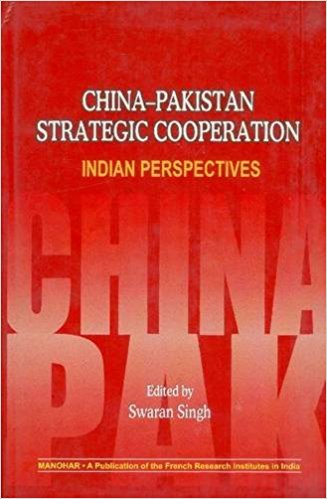The relationship between China and Pakistan, as the editor of China-Pakistan Strategic Cooperation: Indian Perspectives quite aptly states at the very beginning of his Preface, remains one of the most serious challenges for Indian policy makers. This book brings together contributions by eighteen Indian scholars on various facets of this ‘time-tested…all-weather’ relationship. For more than four decades when so much else on the international stage has witnessed profound changes, Beijing-Islamabad bonds remain very close. It is a relationship based on purely pragmatic strategic calculations and not on any ideological affinity. In fact, Pakistan was one of the few friends China was able to retain even during the mayhem of the Cultural Revolution in China.
The eighteen articles are grouped into three parts of six chapters each: Mutual Perceptions and Policies; Defence and Strategic Cooperation and Fundamentals of Strategic Engagement.
Swaran Singh and the other contributors are perfectly right when they argue that even though shared strategic objectives vis-à-vis India have played the dominant role in cementing this relationship, it is not exclusively India-centric nor exclusively military in its content. He also debunks the ‘myth’ that China was the sole source of Pakistan’s nuclear and missile programmes.

